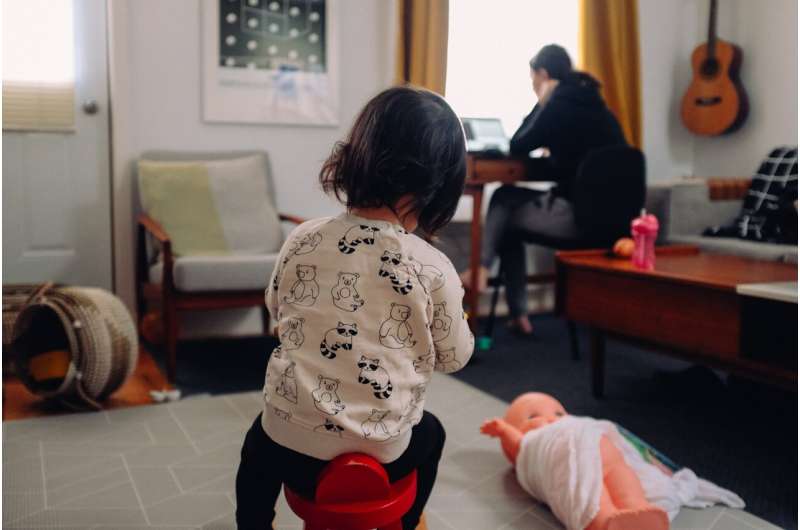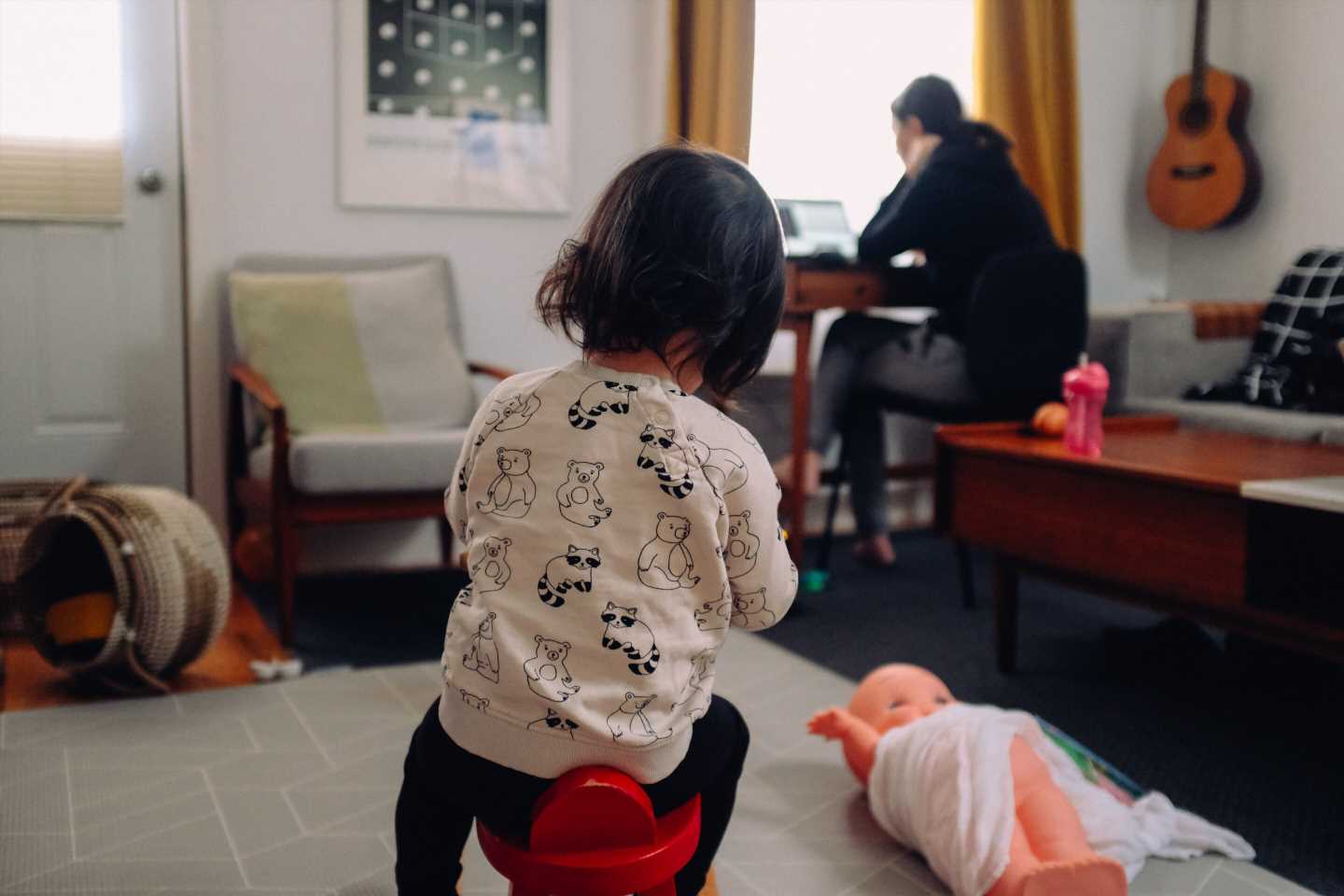
New research from the Institute of Psychiatry, Psychology & Neuroscience (IoPPN) at King’s College London and the University of Surrey has found that working from home may have impacted health behaviors and well-being during the COVID-19 lockdown of spring 2020.
The study, published in the Journal of Occupational and Environmental Medicine, explored people’s experiences of working from home during the first UK COVID-19 lockdown. Following remote interviews with 27 employees, researchers identified four themes which categorized the impact of working from home during lockdown: changes to the work interface; adaptations to a new workspace; changes to work-life balance; and adjustments to a new social context.
Although home-working experiences during the COVID-19 lockdown may not represent typical home-working, the findings have important implications for organizational policy and practices outside of pandemic settings. The authors suggest organizations should develop policies and procedures to promote healthy home-working practices by encouraging employees to take activity breaks and communicating clear work time expectations.
Samuel Keightley, Ph.D. Candidate at King’s IoPPN and the study’s first author said, “Due to the lockdowns imposed during the COVID-19 pandemic, many normally-office-based employees had to rapidly switch to working from home. To this day, it is apparent that this shift to remote working has set a new standard among both employers and employees, with home-working becoming a new norm.”
“Our study showed that home-working has the potential to impact employee health and well-being, with particular implications for daily physical activity, diet, work-life balance and stress. Furthermore, our findings suggest that these outcomes stem indirectly from individual’s working practices and routines, which are ultimately geared towards meeting work-related goals,” says Keightley.
The study found that working from home benefited health behavior and well-being for some, but there were also negative impacts. The authors identified four key themes outlining the impact of working from home:
1. Changes to the work interface
Some participants felt that a shift towards digital communication increased their sitting time and reduced physical activity. The loss of spontaneous interactions with colleagues and an increase in formal meetings negatively impacted reported workload, stress and well-being. Many described feeling pressured to be visibly online throughout the day to demonstrate to colleagues that they were working. Participants reported that reduced productivity and increased workload led many to feel obliged to work longer hours.
2. Adaptations to a new workspace
Whilst some participants had a dedicated room in which to work, most reported difficulties finding feasible workspaces in their homes due to disruption and/or difficulty finding a desk space, instead repurposing domestic spaces such as kitchen counters and dining tables. This led to self-reported physical comfort and posture problems.
3. Changes to work-life balance
Participants valued the removal of the daily commute because they used the time savings to exercise, cook nutritious meals or sleep. However, the blurring of physical and psychological boundaries between work and leisure time reportedly compromised well-being. Many described difficulties with ‘switching off’ at the end of the workday.
4. Adjustments to a new social context
Some participants felt more capable of taking regular breaks and achieve a better work-life balance without the social pressure of having colleagues around. However, others felt that not being in the physical presence of colleagues decreased their productivity because they were less accountable and therefore more susceptible to procrastination.
The findings illustrate the importance of recognizing, outside pandemic-settings, that working from home requires adaptations to workplace-based practices and that these adaptations have the potential to affect employees’ health and well-being.
Samuel Keightley said, “It is not only crucial that organizations encourage healthy home working practices and routines, but the suggested behavior changes should also allow for and promote daily work-related productivity. For example, when engaging with online meetings that don’t require sitting at your computer—this is great opportunity to get moving, so why not connect through your phone and go for a walk.”
More information:
Samuel Keightley et al, Working from home: Experiences of home-working, health behaviour and wellbeing during the 2020 UK Covid-19 lockdown, Journal of Occupational & Environmental Medicine (2022). DOI: 10.1097/JOM.0000000000002757
Journal information:
Journal of Occupational and Environmental Medicine
Source: Read Full Article
